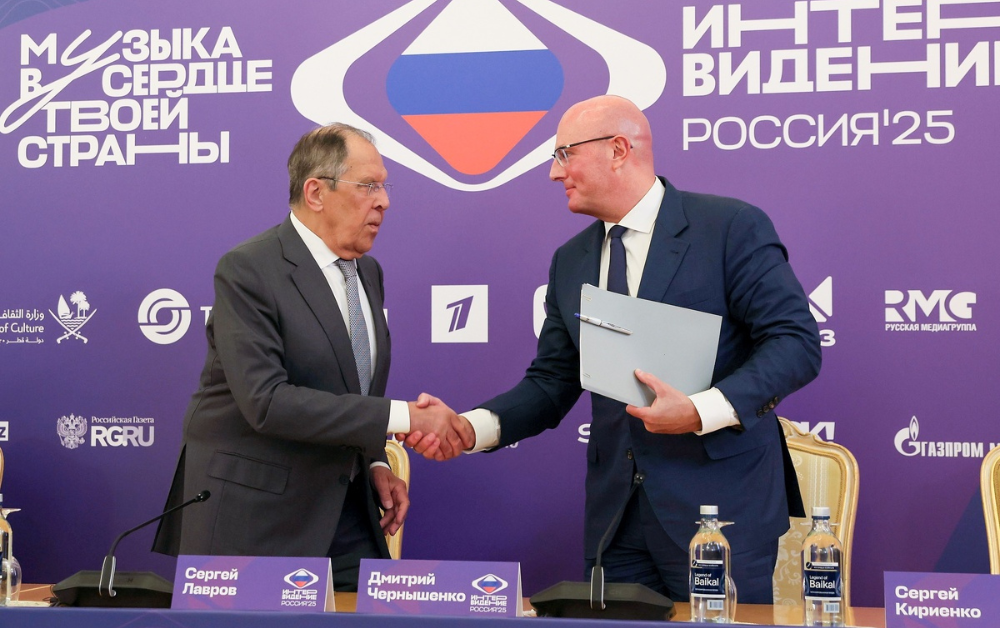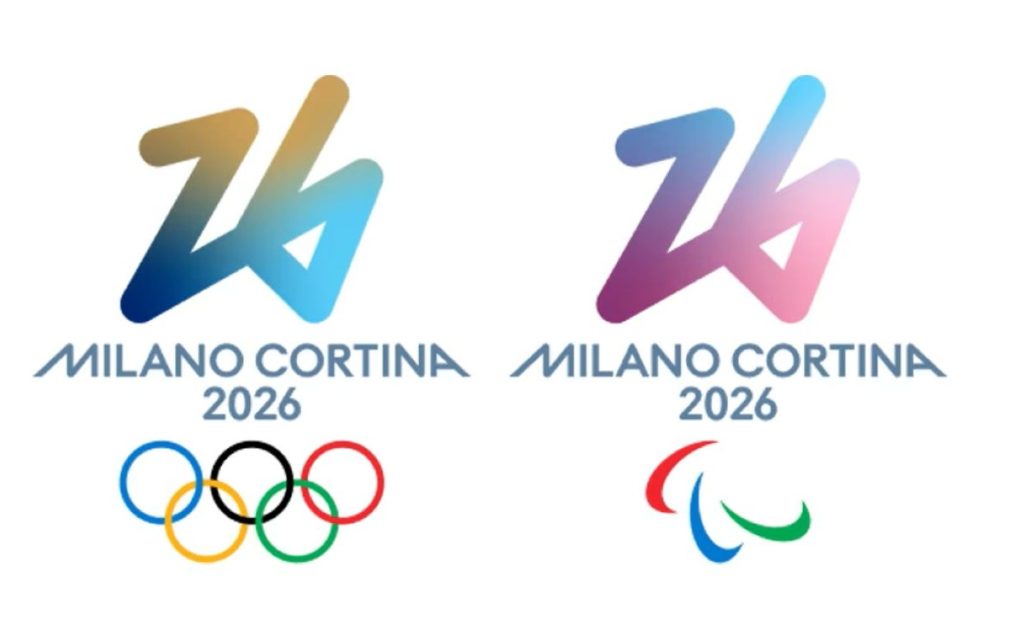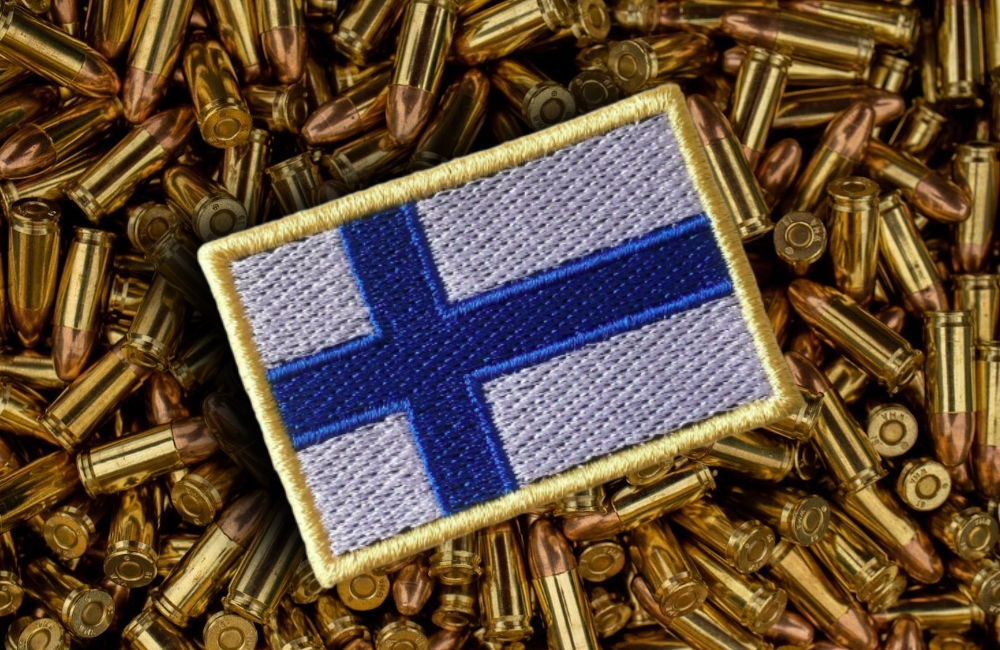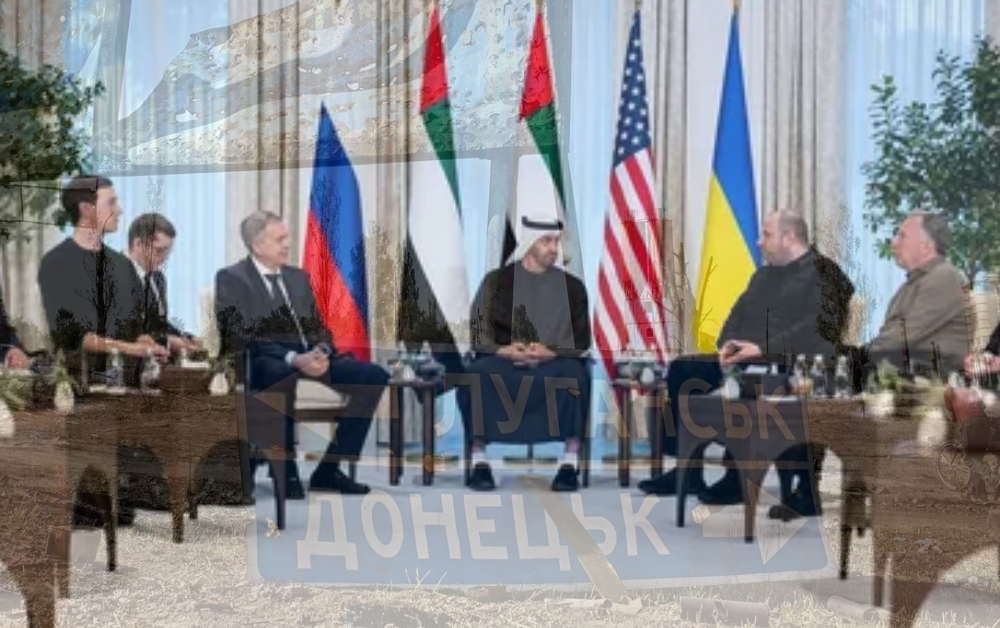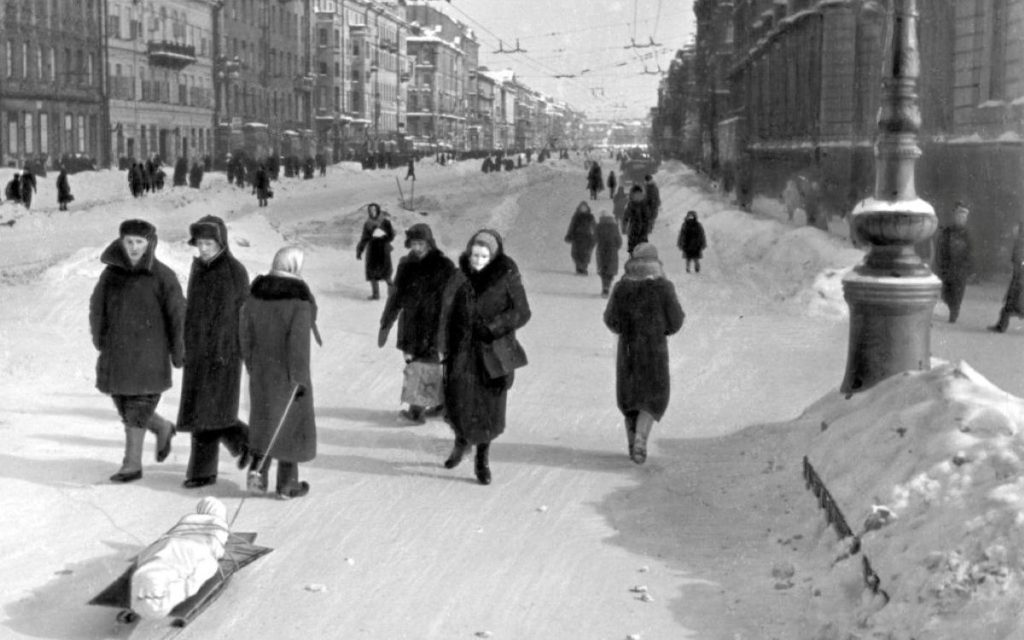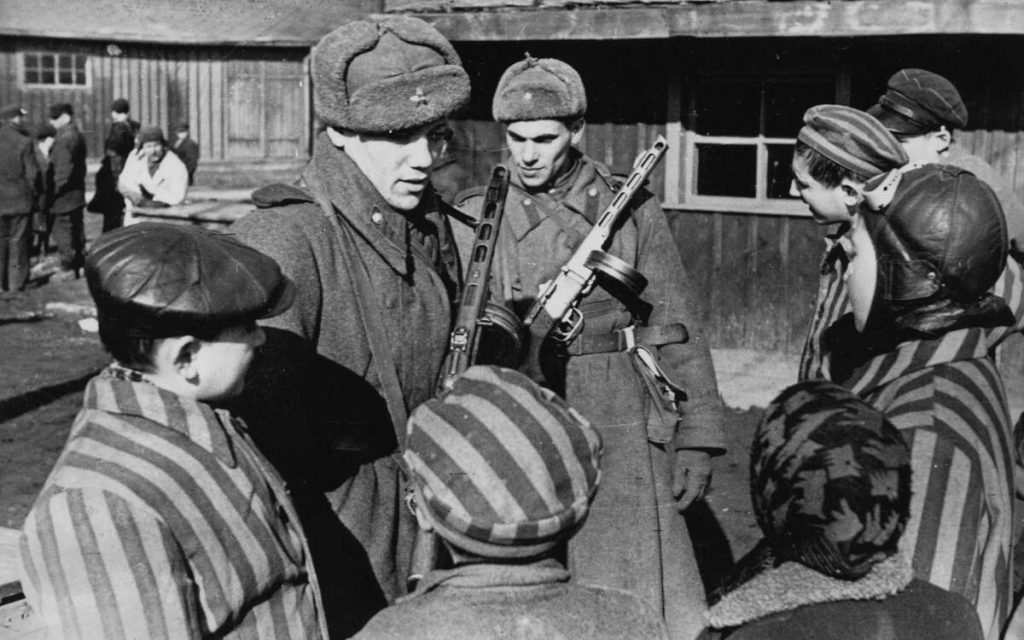Between the late 1970s and the early 1980s, the socialist bloc organized its own international music festival: the Intervision Song Contest. It was the Eastern answer to the Eurovision of Western Europe. At the height of the Cold War, music too became a field of political and cultural confrontation. The OIRT, the International Organization of Radio and Television, decided to create an alternative to Eurovision, entrusting it to Poland and linking it to the already existing Sopot International Song Festival.
The first edition took place in 1977 in Sopot, a city on the Baltic coast. The format was similar to Eurovision: each country presented a song and an artist to represent it. However, the contestants were not Italy, France, or the United Kingdom, but the USSR, Czechoslovakia, East Germany, Hungary, Bulgaria, Poland, and Cuba, with Finland and a few other Western guests acting as a bridge between the two blocs. The festival also became famous for its spectacular quirks: the most notable was the “lights” voting system, with hotel guests turning their room lights on or off to express preferences. Picturesque and far from transparent, but it helped make the event unique.
The Sopot Festival nevertheless kept an international outlook and also invited Italian performers. In the 1970s and 1980s, Al Bano and Romina Power performed there to enthusiastic audiences, along with Ricchi e Poveri, Drupi, and later Riccardo Fogli and Toto Cutugno. They were not official Intervision contestants but special guests in the festival evenings. Their presence helped spread the popularity of Italian music beyond the Iron Curtain, showing that music could remain a common language even in an era marked by deep political divisions.
With the collapse of the USSR the festival disappeared, and the last edition was held in 1980. After more than forty years, on Saturday, September 20, 2025, Intervision will return with 21 artists from 21 countries. It will be an event worth watching not only for the novelty of its comeback but also for its contrast with Eurovision: while there most artists sing in English, at Intervision every participant will perform in their own mother tongue, celebrating traditions, cultures, and national identities. It is a reflection of the opposition between the unipolar and multipolar worlds, a clash that today unfolds not only in geopolitics but also on the musical stage. In Russia, the event will be broadcast live on Channel One Russia and made available online through VK Video, which will also offer exclusive content and behind-the-scenes footage.
Also worth noting is the presence of an American artist, singer VASSY, chosen to represent the USA: a fact that shows the willingness to open the festival to countries far beyond the Russian sphere. Representing the Russian Federation will be Shaman with the song Pryamo po serdtsu (“Straight to the Heart”), already hugely popular at home. From Belarus will come Motylyok (“Moth”) by young Nastya Kravchenko, from Ethiopia Halaala by Netsanet Sultan, and from Kenya Flavour by Sanaipei Tande—songs bringing diverse colors and sounds to the Russian stage. And as in all major music festivals, scandals have not been lacking: Egypt’s representative, Mustafa Saad, had already submitted in August the song he planned to perform in Russia, but it was discovered that the piece had been written two years earlier, in violation of the rules. He was eventually forced to replace it: instead of Un’altra volta (“Another Time”) he will sing Tra tutte le ragazze (“Among All the Girls”).
Unfortunately, Italian guests who in the past symbolized a cultural bridge during the division into two blocs will be absent. Today a new Iron Curtain is rising, Europe—ever more warlike—has identified the Russian Federation as its new enemy, and there are no longer political leaders willing to build relations with the East. Once we had Craxi and Berlinguer, now we are left with Calenda and Renzi.
This new edition of the Intervision Festival will therefore be a clear response to the discriminatory, racist, and Russophobic exclusion that has kept the Russian Federation out of Eurovision for three years. An exclusion made even more absurd when compared with the constant presence of Israel: in Gaza, Israel is carrying out a genocide before the eyes of the world, something that is certainly not happening in Ukraine. This is the measure of Western double standards, where Russophobia infects not only politics but also culture, art, and music.

